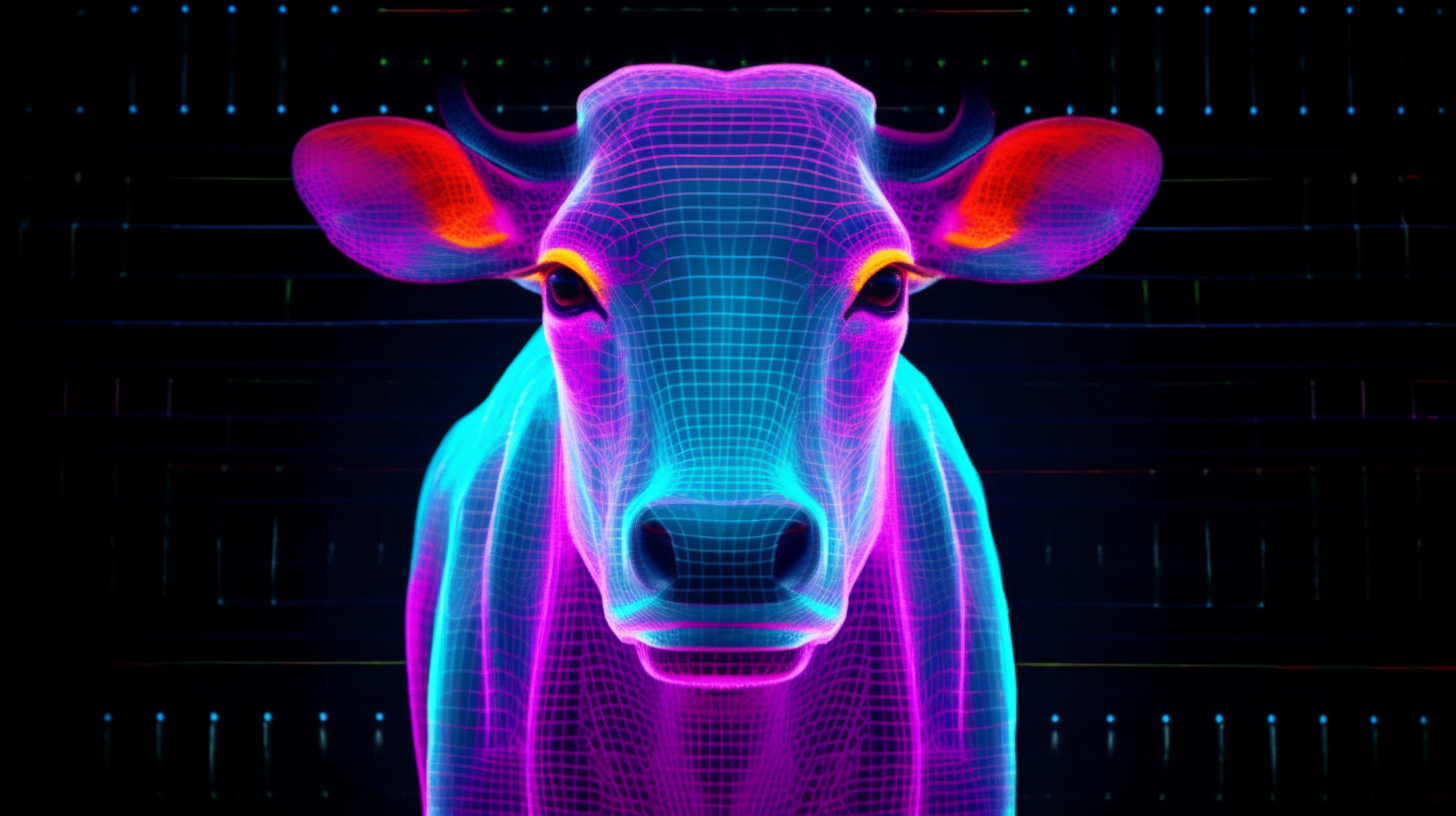Google's innovator's dilemma is really an innovator's opportunity

Google experiments with chatbots and AI-generated search results. Google search will "evolve," says Google CEO Sundar Pichai. What will become of the WWW?
CBSNews' Scott Pelley confronts Pichai with the seemingly central question: Why should a user still click through Google search results when a chatbot can provide the answer directly?
Pichai responds somewhat evasively, saying that Google Search will continue to evolve, becoming "more helpful" and offering new features such as generating a summary in response to a query. Google is already offering an early version of this new search to test users with its generative AI search called "SGE" (Search Generative Experience).
Google is the hub of the current Web and holds all the keys to its future
Pelley raises the question of Google's economic future and whether the company is about to slaughter its own cash cow. By now it should be clear that this is the wrong question.
The right question is: How big will its new business be?
In fact, Google is more likely to benefit from AI in search. For example, the new SGE will keep users in the Google ecosystem longer - creating more space for advertising.
Chatbots could weave personalized ads into text, which is particularly effective and therefore perhaps particularly expensive. If an AI-powered Google Assistant becomes the new all-purpose assistant and ubiquitous in everyday life, Google will enter new dimensions of market penetration.
Of course, Google has new competition in the form of OpenAI and Microsoft with its Bing chatbot. But so far, this alleged competition has not affected Google's business. Microsoft has not achieved significant growth with Bing (or talked about it) despite aggressive and sometimes tasteless marketing.
And the current version of Google's AI search is miles ahead of Microsoft's and OpenAI's offerings in terms of usability, multimodality, and linking search results with chat capabilities.
So Google holds all the cards and has accelerated AI development with the merger of Google AI and Deepmind. The new multimodal Gemini model could set new standards this year.
OpenAI, on the other hand, says it is far from even starting to train GPT-5. Promised features such as multimodality and the large context window for GPT-4 have yet to be widely deployed.
So Google's supposed innovator's dilemma may turn out to be an innovator's opportunity: Google wins twice, on both the old and the new Internet.
What will become of the WWW?
The most interesting question, however, does not concern Google's bottom line, but that of many others. What will become of the World Wide Web as Google and others move its content into their chatbot ecosystems?
As controversial as Google may be, its market power makes it the lynchpin of the open Internet. It connects searchers and content, making it the foundation of many business models.
In the Western market, Google is the most important source of traffic for the publishing industry and thus a financial pillar for journalism, not least because it controls parts of the publishing advertising market with Google Adsense.
So far, none of the three major chatbot players offer even a rudimentary vision of the WWW in the age of chatbots.
AI News Without the Hype – Curated by Humans
As a THE DECODER subscriber, you get ad-free reading, our weekly AI newsletter, the exclusive "AI Radar" Frontier Report 6× per year, access to comments, and our complete archive.
Subscribe nowAI news without the hype
Curated by humans.
- Over 20 percent launch discount.
- Read without distractions – no Google ads.
- Access to comments and community discussions.
- Weekly AI newsletter.
- 6 times a year: “AI Radar” – deep dives on key AI topics.
- Up to 25 % off on KI Pro online events.
- Access to our full ten-year archive.
- Get the latest AI news from The Decoder.